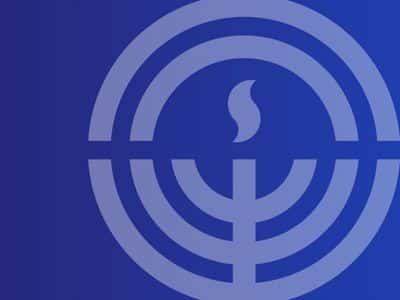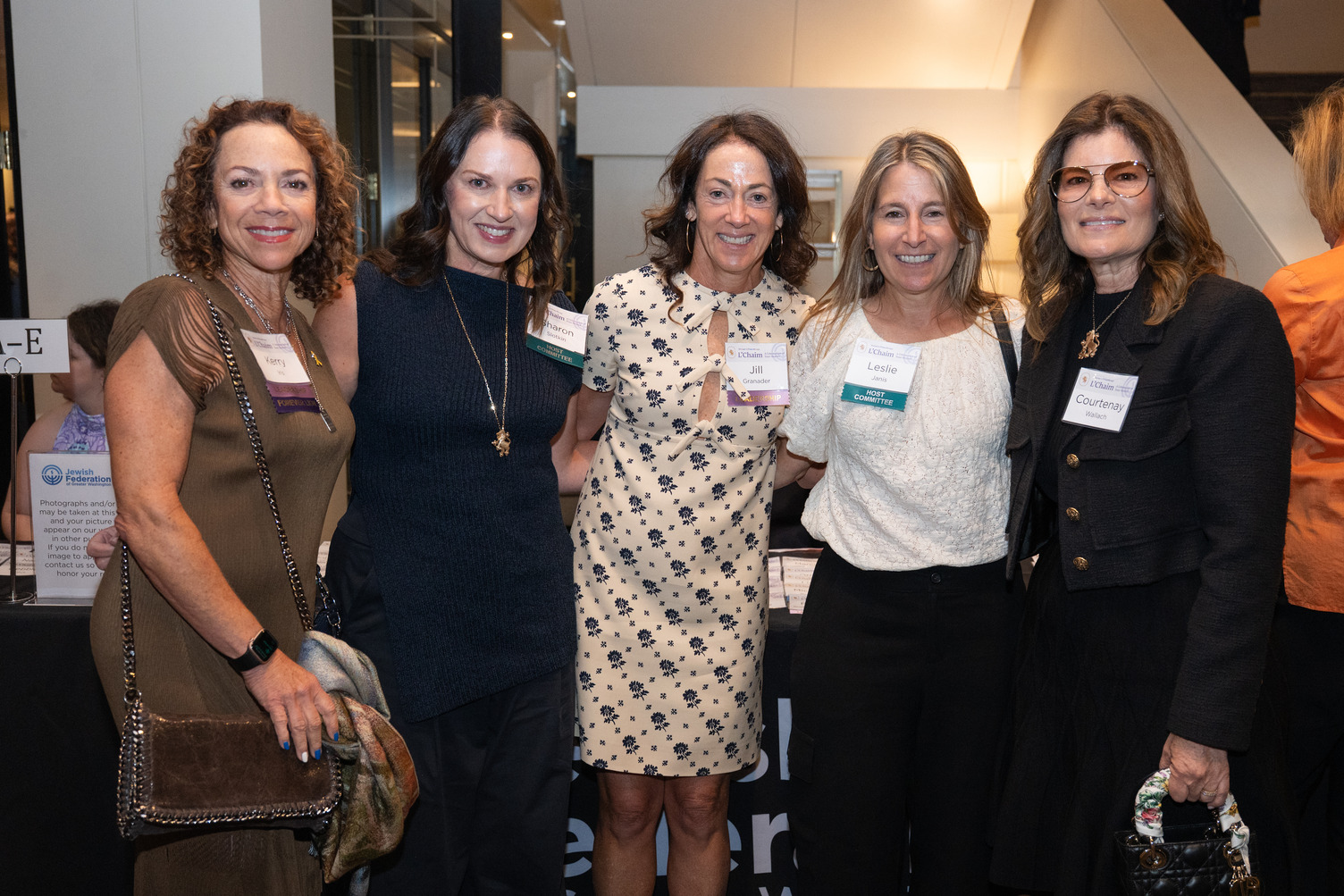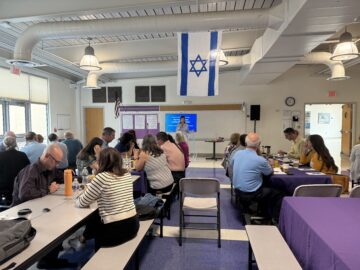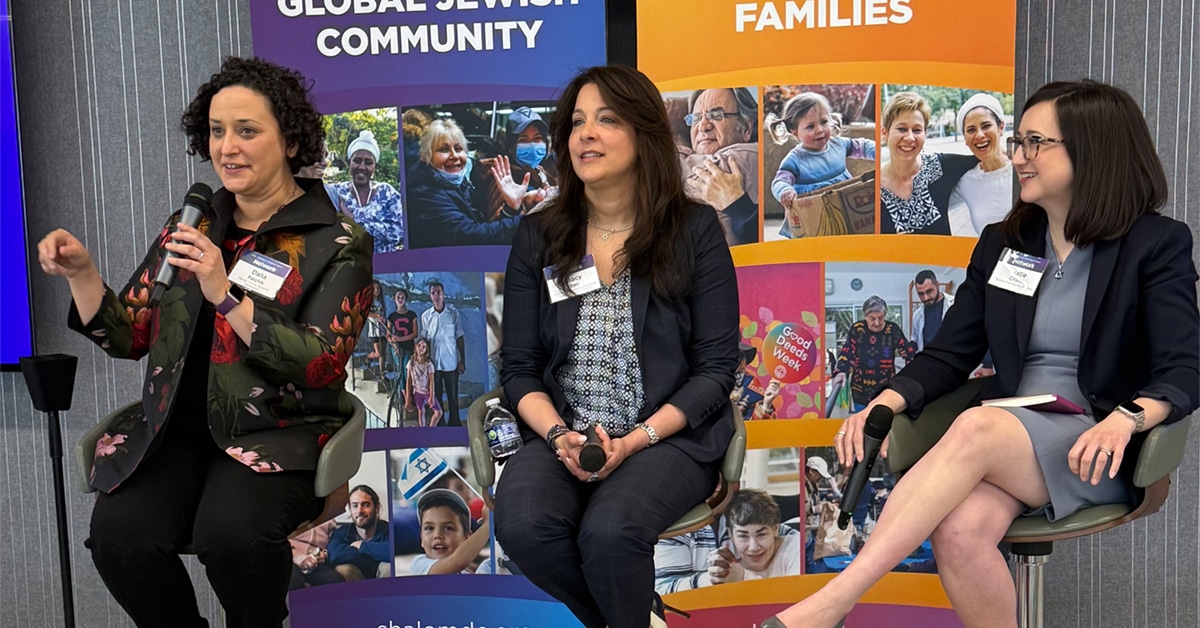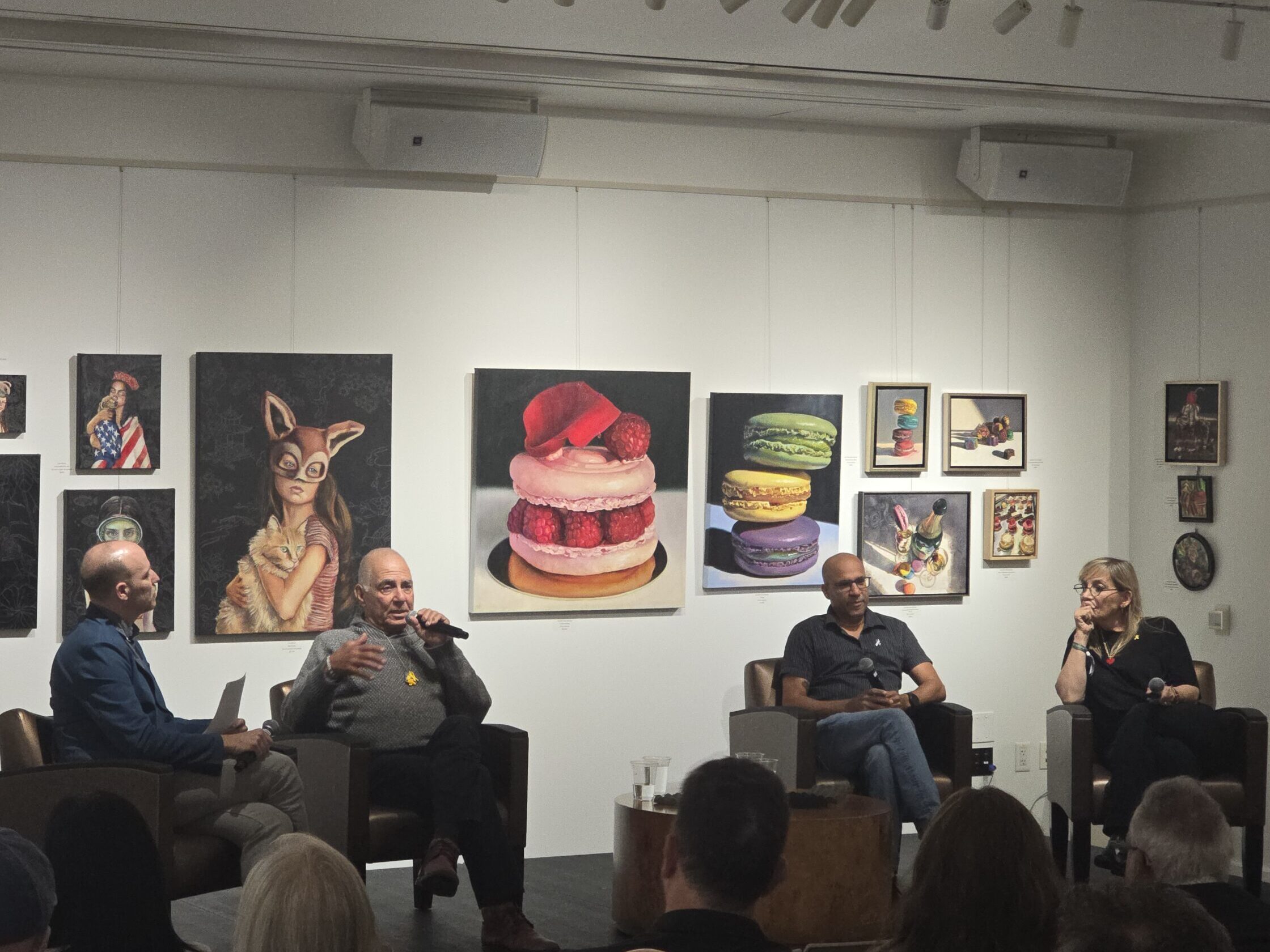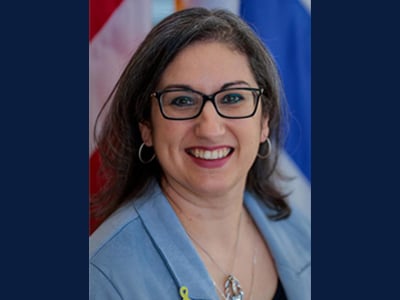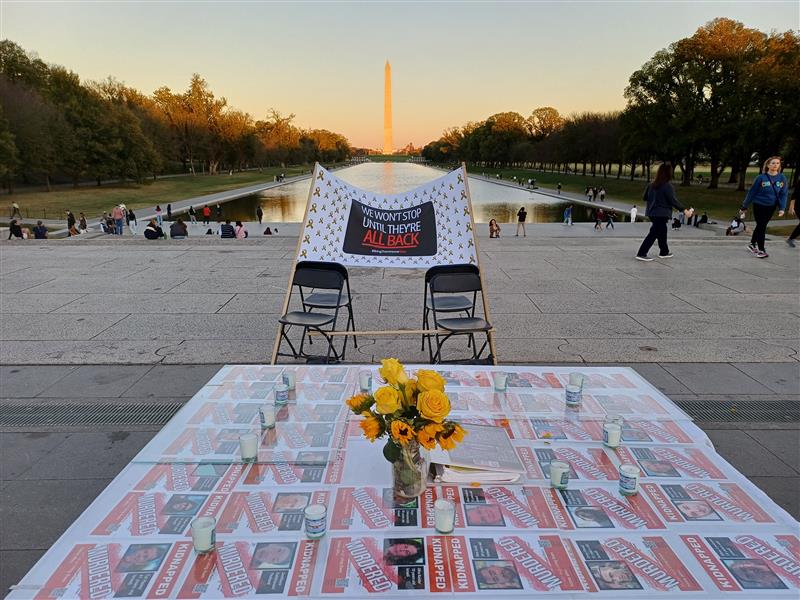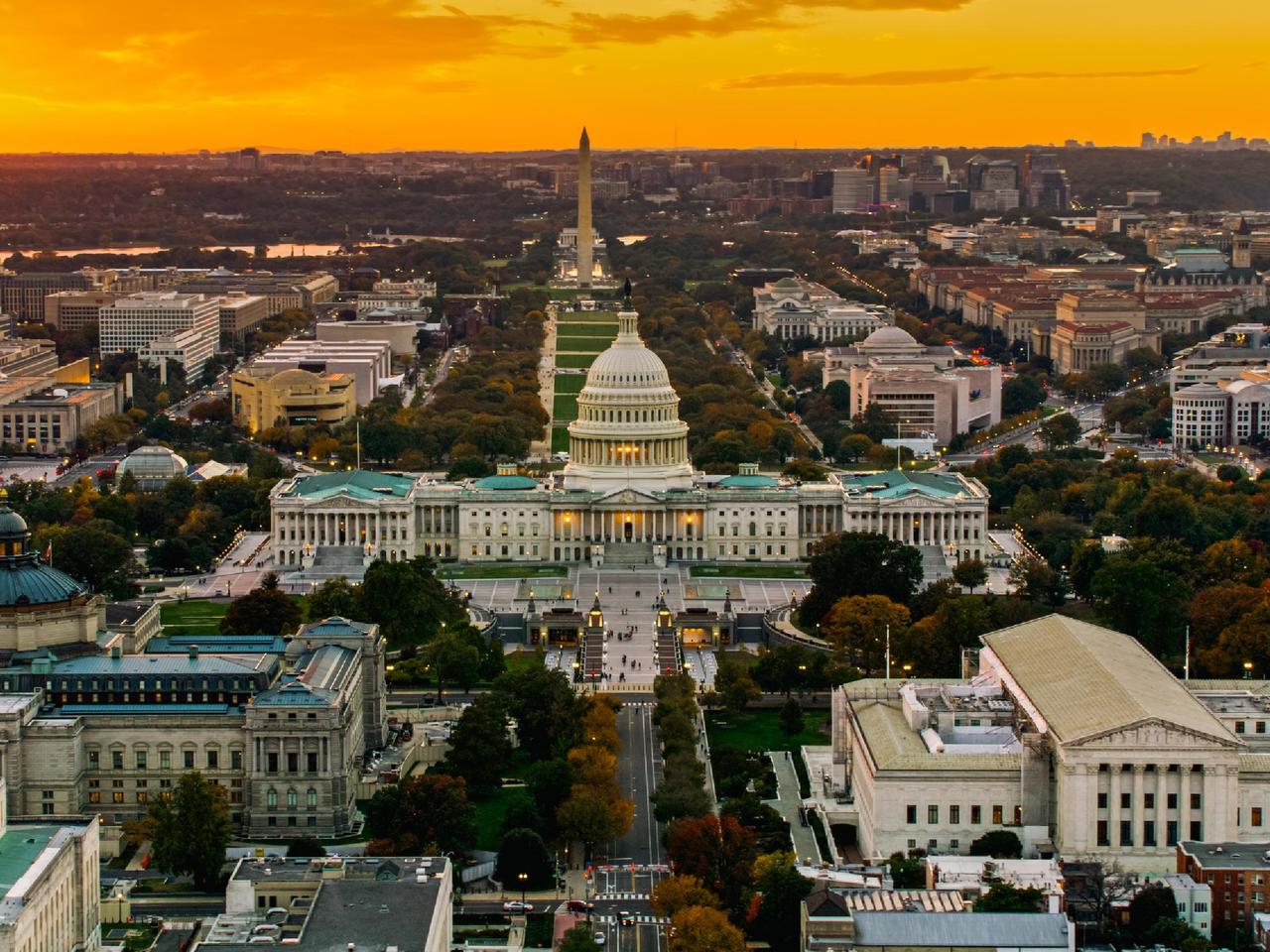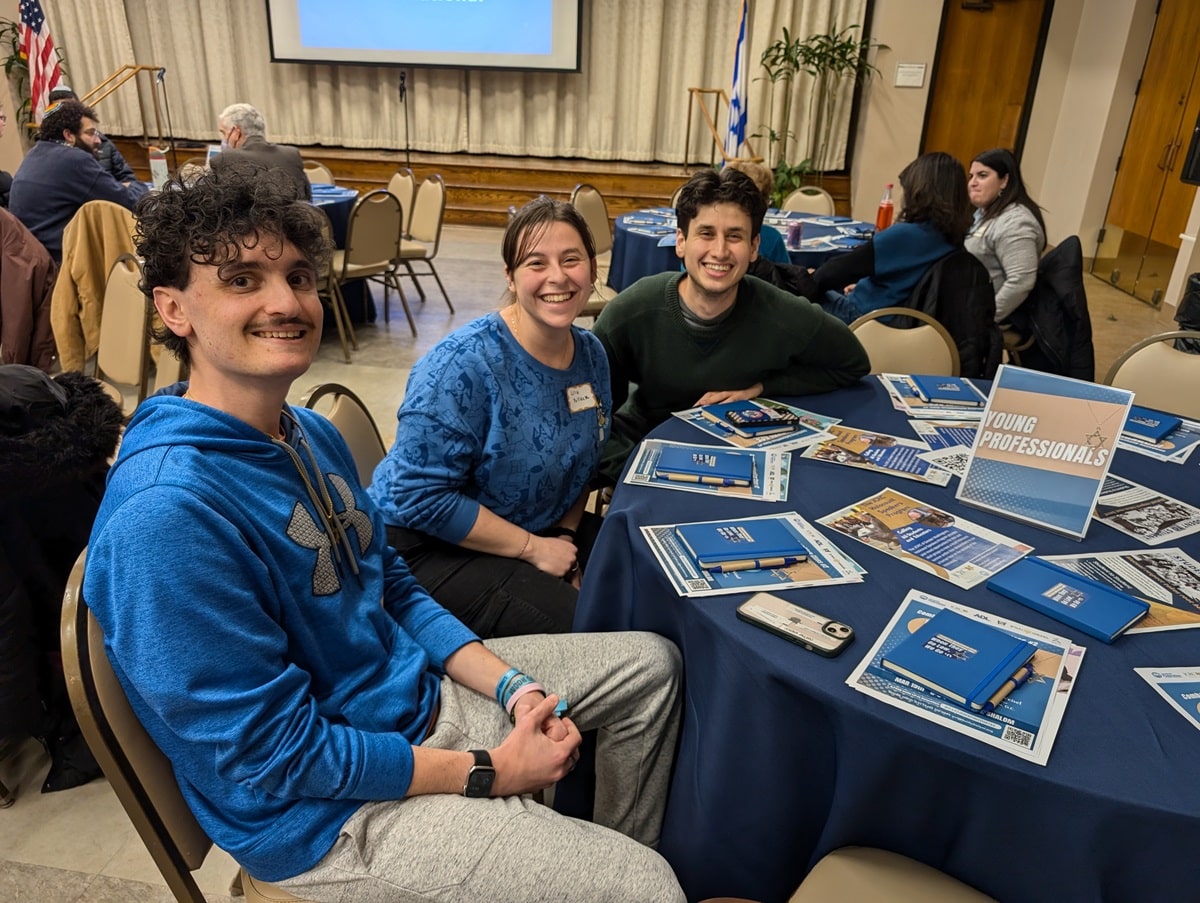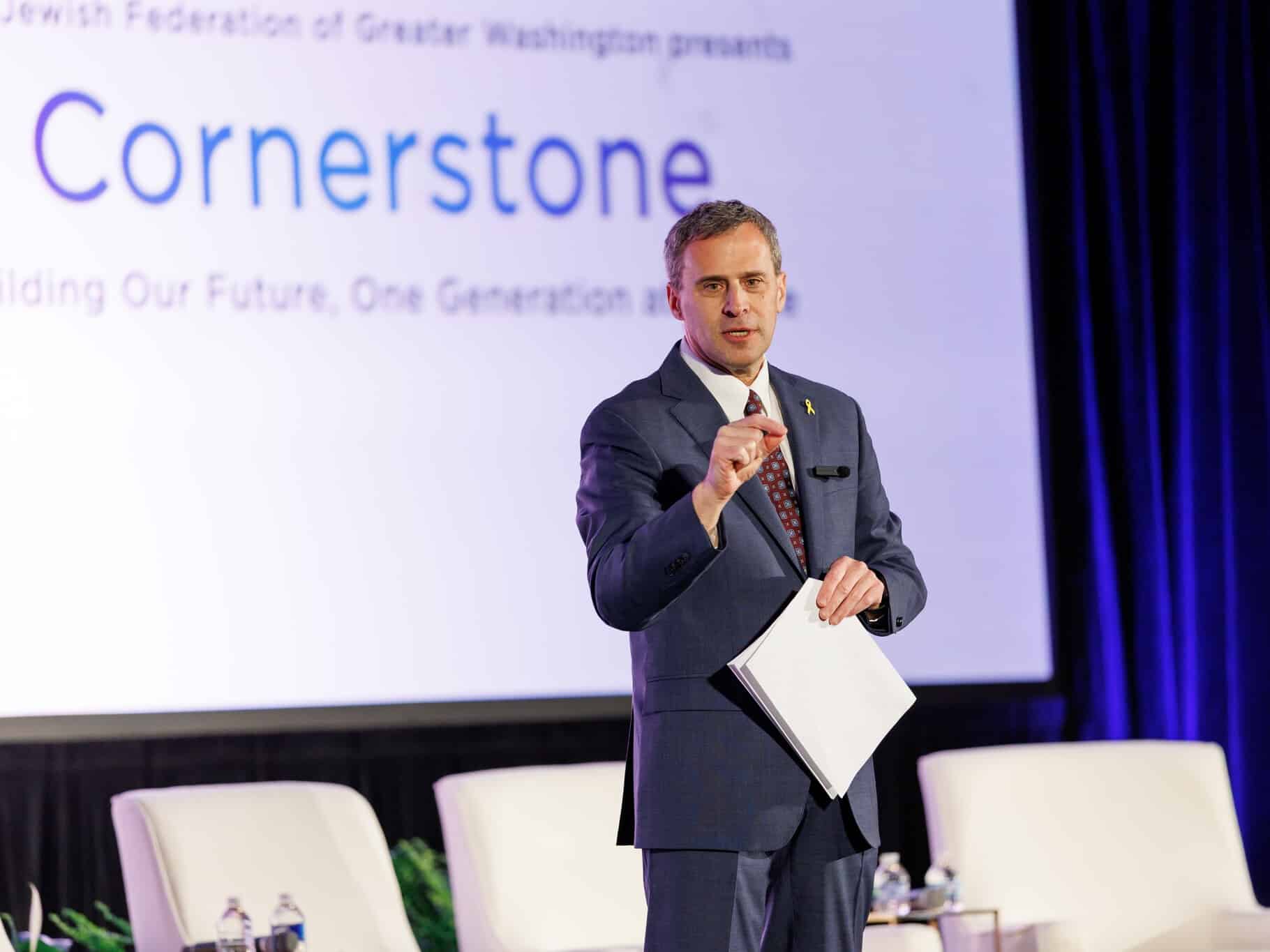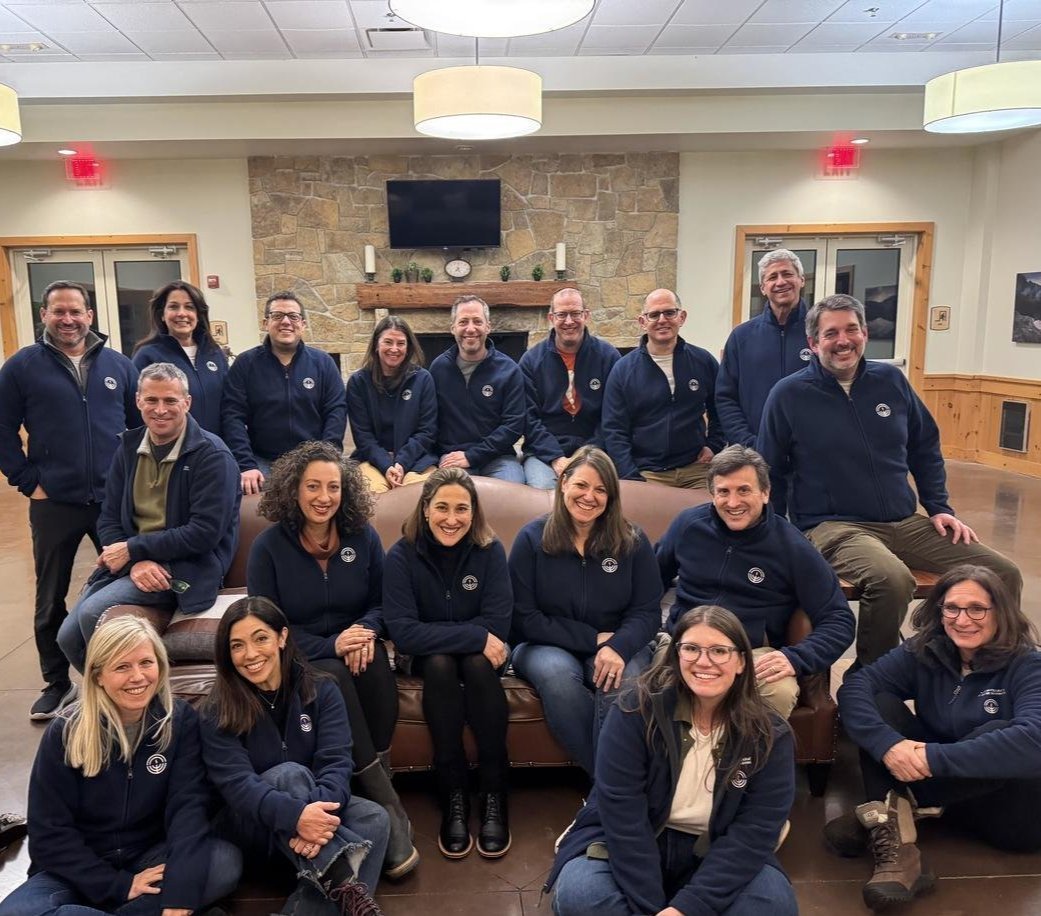Building Jewish Community: Embracing Diversity of Thought
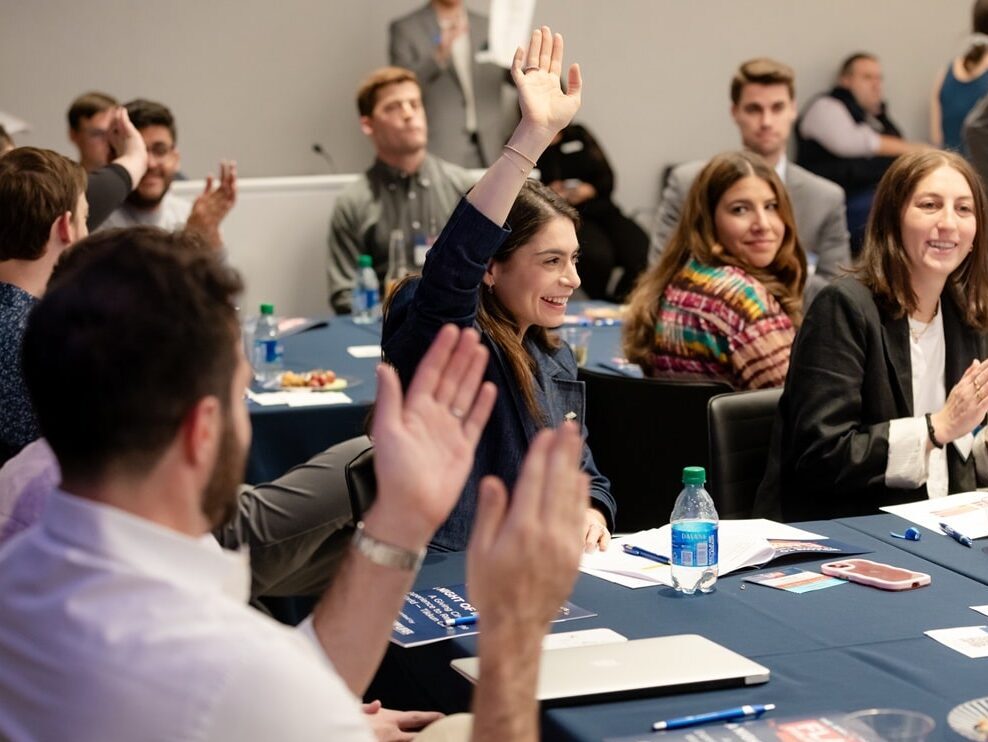
It is a radical understatement to say that we live in interesting and challenging times. Increasing divisions and disagreements in the United States, in Israel, and around the world are creating even more significant divides. Within the Jewish community, the role and impact of diversity of thought in our community has taken on new urgency. How do we move forward knowing fellow community members have deeply held and emotionally challenging viewpoints, with which we significantly disagree and directly challenge our own values?
The wide array of opinions in this community is a source of strength. But I also know this is easy to say—it’s much harder to sit with, and even make room for, thoughts I vehemently oppose.
I flag this because when I look at how we frequently handle differences, I see us incorporating the logic of politics. In a world where there are winners and losers, we are compelled to draw sharp lines around what we believe and exclude or make offensive opposing perspectives. We focus on who is with us and who is against us, maintaining a zero-sum mentality in the pursuit of political success.
A Different Lens for Community Building
Living in Greater Washington, DC, and as part of a minority population, we recognize the importance of politics and its outcomes on our lives. But when it comes to community building, we’ve got to opt for a different lens entirely. If we are to achieve our goal of building a strong and vibrant Jewish future together, then we need to operate from a place of humility, connections, and a commitment to a collective future. Our shared history, the bonds that have held the Jewish people together for millennia, and our aspirations for the future must carry more weight than our ideological differences.
To be clear, building a community where people with diverse views can effectively engage isn’t about communal harmony. We have significant challenges and important work to do together, and the more we can bring together diverse views within a community-focused lens, the more productive we will be. Our collective Jewish future, depends on our ability to build a place where Jews of all backgrounds can come and find the wisdom and meaning of Jewish thought and tradition, the connections and relationships that ground a life and make it joyful, and the services and experiences that support and expand someone’s world.
All of this is underway, and our communal debates can serve these efforts. As President Isaac Herzog writes in Sapir, “Can diversity complicate shared living? Yes. But we cannot forget the complementary truth. Diversity, with all of the ways it complicates life, also supports it.”
We do have the right to define and maintain the boundaries of our community. But wherever we land on this complicated question, I hope it includes all those who see their personal fate tied to that of the global Jewish people. Our individual, specific viewpoints and forms of Jewish expression may change over the course of a lifetime, but it’s our connection to Jewish peoplehood and our stake in the Jewish future that can serve as the constant bond that holds us together as we build that future for ourselves and generations to come.

